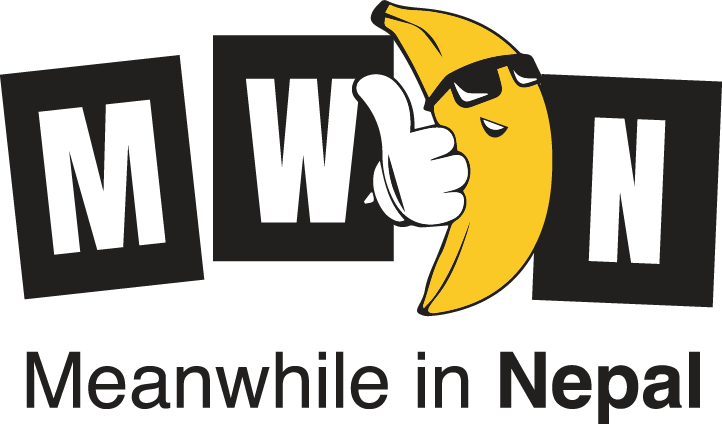Share the post "What Happens to the Goods Seized From Street Vendors in Kathmandu Metropolis?"
Metropolitan Police are known best for troubling street hawkers and other vendors. They seize their stalls and business and disallow them to work citing legal causes.
Recently, a short video clip that showed police cruelty against street vendors selling corn at Baluwatar in Kathmandu Friday morning went viral on social media.
With this incident, the metropolis is drawing some severe criticisms. The question regarding the management of footpaths and street vendors has been arising and people sought the answer from mayor Balen.
Do you wonder what the metropolis does with the seized goods? Will they return it or keep it for themselves?
The Kathmandu Metropolis had announced that it will auction off the goods seized from street hawkers and other vendors in 2019. This is a first-of-its-kind move from the city. The city earns a good amount of money from auctioning the goods and they add those sums as the income of the metropolis.
The rule was introduced by the then Mayor Bidhya Sundar Sakhya. The mayors have changed but the rule has not.
Earlier, the metropolis used to return the confiscated goods after charging a Rs 1500 fine to the vendors. However, the rule was made much strict as it didn’t deter vendors from coming back to sell their wares illegally.
The metropolis seizes various articles from vendors such as footwear, mask, underwear pants, shorts, belts, caps, and bags. These seized items are kept under the care of the City Police in Teku.
According to the survey, there are over 10,000 street vendors in Kathmandu. They have been long times asking the local government to provide them with alternative vending zones, and a suitable time for them to operate their business. The government, however, has not been able to solve the problems of street vendors.














Comments